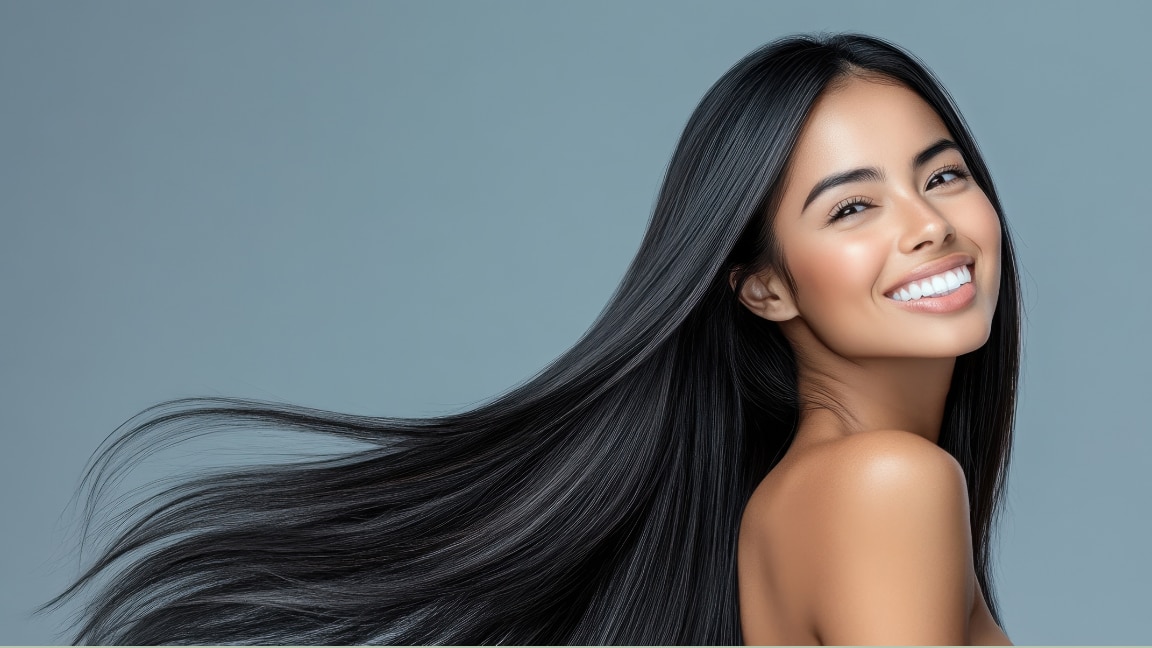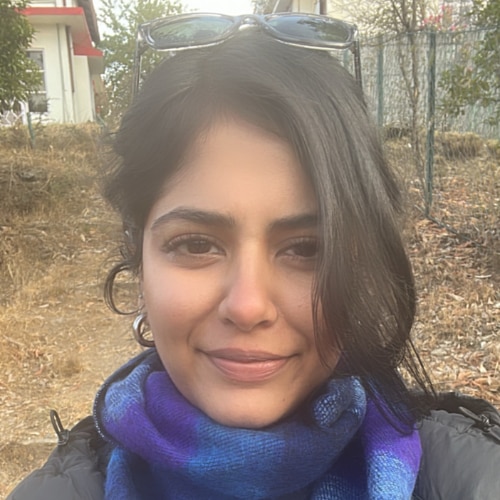- 01 Healthy Diet for Hair Growth: The Connection Between Diet and Hair Health
- 02 Diet Plan for Healthy Hair: Key Nutrients for Strong and Healthy Hair
- 03 Common Nutrient Deficiencies That Affect Hair
- 04 Everyday Eating Habits That Transform Hair Health
- 05 Healthy Diet for Hair Fall Control: Superfoods Foods for Hair Growth and Shine
- 06 Common Hair Diet Mistakes to Avoid
- 07 Foods and Habits for Healthy Hair: Frequently Asked Questions
If you're on the lookout for a good diet for healthy hair, you're in the right place. According to the hair specialists, the secret to a full, healthy head of hair lies in what you eat and your daily habits. Here we uncover the everyday foods and lifestyle changes that can naturally transform your locks from the inside out.






